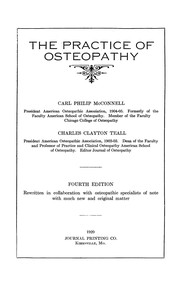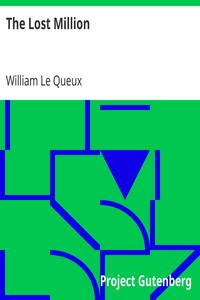Worldcoin Ordered to Delete All Iris Scanning Data From Users in Spain, Germany
Spanish data protection watchdog AEPD and the Bavarian State Office for Data Protection Supervision (BayLDA) have ordered Sam Altman-led World (formerly Worldcoin) to erase all the iris scanning data it has collected so far.

Regulators in Spain and Germany have cracked down on World (formerly Worldcoin), the project led by OpenAI founder Sam Altman, directing it to delete iris scans of users collected in both countries. The latest action against the firm adds to a string of controversies that the project has faced since it was introduced in 2023. World requires people to have their eyes scanned for identification purposes, which could pose a privacy threat to users — unlike passwords, biometrics cannot be changed.
On Friday, German regulators released detailed directives for Altman's web3 project. In the EU, the World project is headquartered in Erlangen, Bavaria. In an official statement, the Bavarian State Office for Data Protection Supervision (BayLDA) said Altman must align World's operations with the EU's data protection laws.
“With today's decision, we are enforcing European fundamental rights standards in favour of the data subjects in a technologically demanding and legally highly complex case. All users who have provided Worldcoin with their iris data will in future have the unrestricted opportunity to enforce their right to erasure,” said BayLDA President Michael Will.
Spain's data protection watchdog AEPD has also directed that all the biometric data collected by World so far in the country must be deleted.
The APED said that it has probed the project alongside the BayLDA , and the results show that the project is in violation of the European Union's General Data Protection Regulation. In Spain, the World project has been under a temporary ban, which the High Court there upheld in March.
The ambitious project, that was first conceived in 2019, claims that it eliminates the need for individuals to share personal details with web protocols to interact online by offering World IDs. It claims to introduce more privacy while accessing the internet. To issue these IDs, the project collects the iris scans of people's eyes through a machine designed by the company called Orbs.
As of Friday, the project's website shows that 343,904 unique human verifications have been processed over the period of the last seven days. Data on the website also claims that the project's app has garnered over 20 million users so far, while over 9.2 million unique humans are already part of its ecosystem.
In August, Colombia's Superintendencia de Industria y Comercio (SIC) initiated an indictment process without formally charging the project in order to determine if World was in breach of the country's personal data protection regime. Hong Kong blocked the project in May, citing privacy concerns.












)



























































